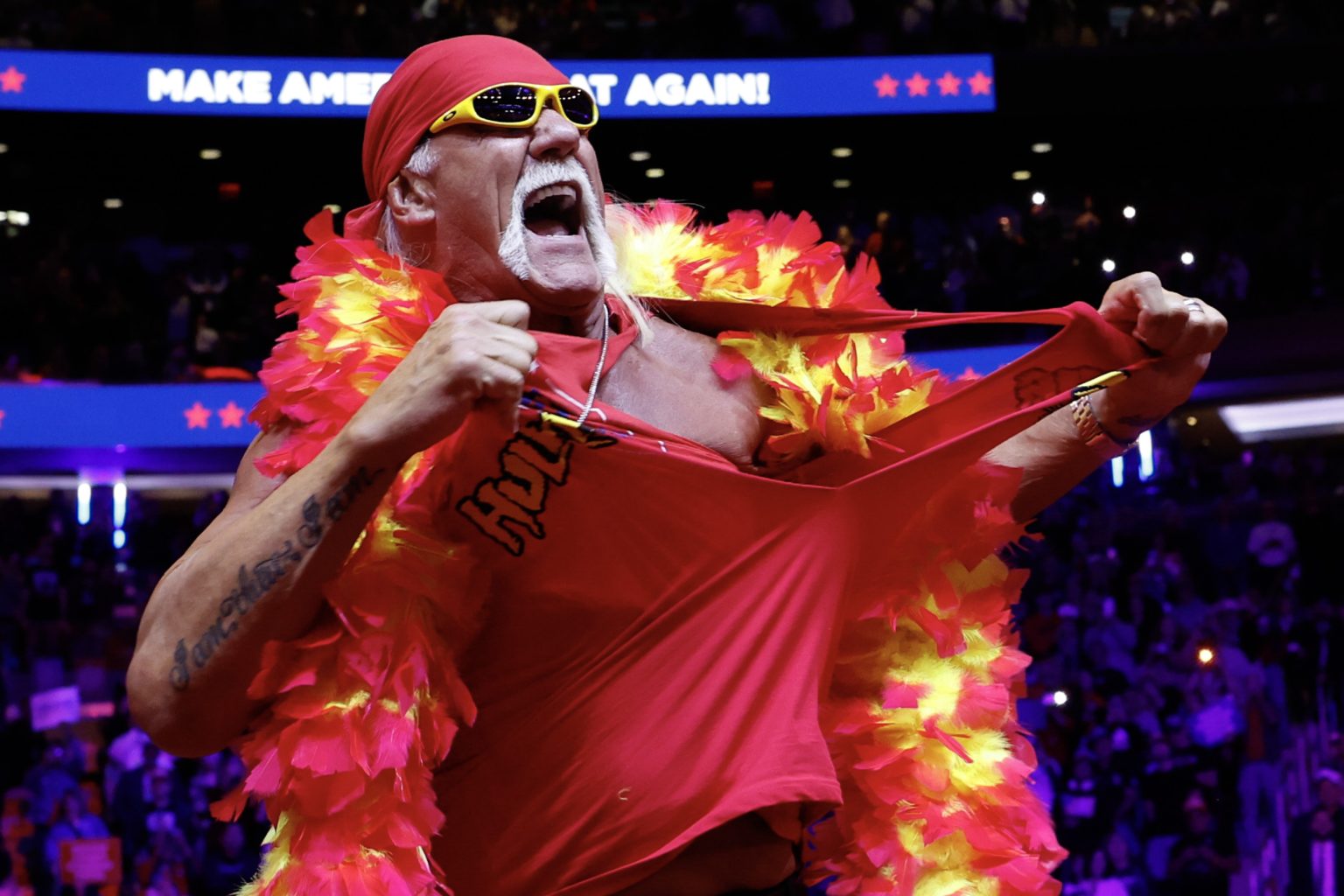The debut of Monday Night Raw on Netflix, a landmark event in professional wrestling history, was met with considerable fanfare, featuring a stellar lineup of matches, a star-studded audience, and the return of several wrestling legends. This fusion of entertainment and nostalgia promised a memorable night for wrestling aficionados. However, amidst the excitement and anticipation, a single, jarring moment overshadowed the otherwise triumphant evening: the unexpected and overwhelmingly negative reception of wrestling icon Hulk Hogan.
The entrance of Hulk Hogan, heralded by the familiar strains of “Real American” and the presence of Jimmy Hart, initially sparked a wave of euphoria among the attendees. The iconic theme, a symbol of Hogan’s decades-long dominance in the wrestling world, resonated with the crowd, momentarily transporting them back to the golden age of Hulkamania. Yet, this nostalgic reverie was short-lived. As Hogan began to promote Netflix and his new beer, Real American Beer, the cheers rapidly morphed into a chorus of boos, signaling a dramatic shift in the audience’s perception of the wrestling legend.
This stark contrast between the anticipated adulation and the actual reception left many perplexed, particularly given Hogan’s undisputed status as one of the most popular wrestlers of all time. The incident underscored the fragility of fame and the potential for past actions to overshadow even the most illustrious careers. WWE’s subsequent social media activity, which showcased only Hogan’s entrance and omitted his promotional speech, further highlighted the awkwardness of the situation and the company’s apparent recognition of the negative sentiment surrounding Hogan’s appearance.
Several theories emerged attempting to explain the crowd’s hostile reaction. One prominent suggestion attributed the negativity to Hogan’s open support of Donald Trump, particularly within the context of Los Angeles, a city known for its liberal leanings. This political explanation, however, failed to hold water when examined against the reception of another wrestling legend, The Undertaker. The Undertaker, who also endorsed Trump and even hosted him on his podcast, received a warm welcome from the same audience, demonstrating that political affiliation was not the sole factor influencing the crowd’s response.
The comparison between Hogan and The Undertaker’s reception illuminated a more nuanced understanding of the audience’s reaction. While both wrestlers shared similar political views, their public personas and past controversies differed significantly. Hogan’s career had been marred by various scandals and controversial statements, which, over time, had seemingly eroded the goodwill he had accumulated over decades. The Undertaker, on the other hand, maintained a more reserved public image and largely avoided the controversies that plagued Hogan. This disparity in public perception likely contributed to the contrasting receptions they received.
Ultimately, the incident at Monday Night Raw served as a stark reminder that even the most iconic figures are not immune to the consequences of their actions. The crowd’s rejection of Hogan, despite his legendary status, suggested that the decades of accumulated goodwill and the aura of Hulkamania had finally waned. The boos that echoed through the arena signified not just a disapproval of a promotional speech, but a deeper disillusionment with the man himself, marking a potential turning point in the legacy of Hulk Hogan. The incident underscored the power of public opinion and the evolving nature of fan loyalty, even in the world of professional wrestling, where nostalgia often plays a significant role.


